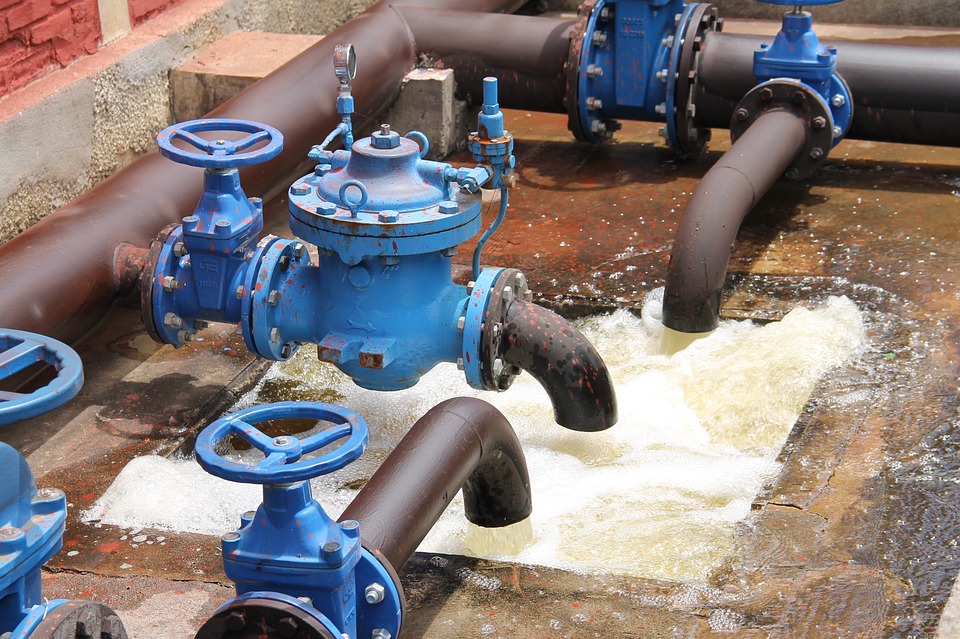How Water Suppliers Are Modernising Business Water

When we take on new technology in our homes, it can sometimes be a case of one step forward, two steps back. You only have to stand in your kitchen and look around to see it in action. You might have a smart speaker or fridge with a touch screen boosting the latest in-home technology, but the dishwasher beside it uses the same design and technology that William Howard Livens created in 1924 (On a side note, you might not believe me, but this video from Technology Connections manages to make the history and internal workings of a dishwasher fascinating to watch).
In fact, most of the machines and systems we use domestically and commercially for water are somewhat antiquated and nothing is surprising about it. House owners and organizations do not pay much heed to this issue moreover nobody wants to renovate the water system and meter at their place every now and then. While you might not notice it much in daily life, you certainly will when water bills keep getting higher and higher. Bear in mind, the pipes bringing water into your home or business may be well over 100 years old, and you should not keep something that is obsolete as it would only be a burden on your pocket. On the other hand the modern solutions are a bang for the bucks, all you need to do is consult the best professionals with state of the art solutions.
So what can you do to modernise how you use water? The easiest way is to get in touch with your business water supplier and ask for help. We asked the water experts at Castle Water if they could clue us in to some of the unique ways water retailers are pioneering the way for businesses to take a modern approach in dealing with water; from how every drop of water gets counted to unique means of reintroducing water where possible. Here are just some of the ingenious things happening right now.
Important water features in businesses.
Firstly, let’s look at the most important water feature in any business, the meter. A regular water meter will have a simple mechanical flow sensor which measures water as it flows through. You would then check the reading every so often and submit it for your bill. It all seems simple, and it is, but it lacks any insight into usage or issues without knowing how much you are actually using, you can never reach a level of satisfaction. Moreover most of the times there can be a leakage or some technical issue that can also lead to excess flow of water making it imperative to keep the usage record.
Digital meter or conventional meter?
To combat this, most water retailers would push for you to upgrade from an old meter to a digital smart meter. It is the first step in modernising your internal network. Installing a digital meter that automatically reads and provides figures creates accurate bills while highlighting any potential problems you may not be aware of. It also provides more control over usage. All in all, it makes every drop coming into your system count, rather than estimate or turn the process of billing into a stab in the dark. Shifting from conventional to the digital meter is beneficial in many ways, the best of all is the comprehensible display of water usage.
Managing waste water.
But what about water leaving? That needs paying for as well. Wastewater can be a real bug bearer for business, especially those who know their wastewater isn’t harmful and wouldn’t need a deep clean to re-enter the water network. Again, water retailers can put a spin on things by seeing if greywater recycling, filtration, or process optimisation can help lower waste output.
Modern way for waste water usage.
A large part of modern wastewater solutions is primed towards looping/recycling water where possible. If wastewater can be cleaned up or even used in other processes, it lowers charges dramatically rather than going out the drain. Which means that if an organization is not producing filthy water, it can think of recycling it. For instance, they may use it on a farm after filtration and processing, there are several ways. Modern solutions even look at ways to heat wastewater and use it for heating within processes. It is surprising just how many modern techniques provide out of the box solutions for un-associated issues within a business after all this is how one can save money and invest the resources properly.
Final word
This is just scratching the surface of modern water. I would implore you to get in touch with your provider and ask them if they have any products or solutions which can modernise your water network. Even if it just to lower your monthly bill in the long-run, it will be worth it.
